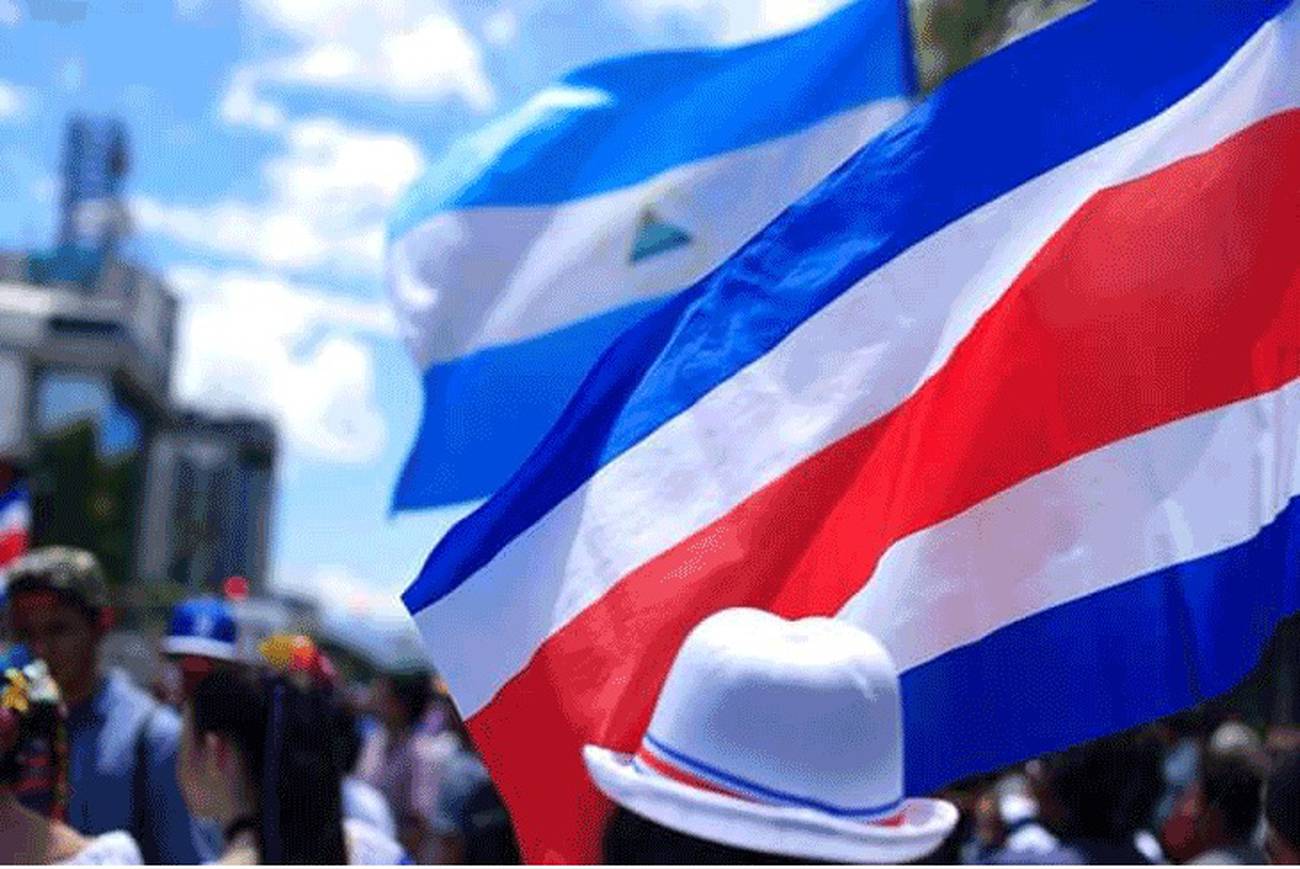Facebook has numerous pages catering to the foreign community in Costa Rica. There are always a number of posts from people thinking about moving to or visiting Costa Rica, and their “what’s it like?” questions. Responses vary. One recent post caught my eye when a responder—almost certainly an estadounidense—described Costa Rica as a country of “extreme socialism.”
Terms like socialist and communist get thrown around a lot. Both are political and economic systems that share certain ideologies, including greater equality in the distribution of income. Both reject capitalism, and in theory, give economic power to the working class, though the real power is typically held by party loyalists. Both advocate for public control of the means of production, although socialism allows for the continued existence of capitalism in some parts of the economy.
The Costa Rican Communist party once had some support, and when the founder, Manuel Mora, died in 1994, there was a full state ceremony attended by many ex-presidents. This leads to the question: On the ideological spectrum, where does Costa Rica sit?
The government does not control the means of production as much as it has created a multi-layered bureaucracy that guarantees jobs under the auspices of the same government. This explains why anywhere you look, you may see entities that begin with the words Instituto Costarricense de (fill in the blank with your own least favorite arm of the bureaucracy).
On the other hand, in my barrio, I can walk less than 1 kilometer down the main street and pass all of the following: three pulperías, one mini super, a small soda, a small bakery, a storefront that does a steady business selling empanadas, a small cantina, a shoe repair, a furniture repair, and a bicycle repair. All of these businesses deal mostly in cash and have little interference from the voracious hands of the government.
This is my favorite kind of capitalism: no chain stores, no multinationals, just a series of privately owned and operated small businesses that serve the community. On this smaller level, there is great competition for your colón. It is not uncommon to see a restaurant or cantina open near another one that is doing good business, and may the better food, drink, and atmosphere win.
The numbers for 2024 show that while the public sector accounts for around 300,000 jobs, it is the private sector that is responsible for 86% of the employment. These are not the numbers of a country that is “socialist.” What we do have is a type of capitalism similar to what is happening in the USA, what might be called Monopoly Capitalism.
More money is going into fewer hands, and real choices—the options available to consumers—are lessening as companies merge. The pricing of goods and services available varies little among the remaining competing companies. While the marketplace is supposed to determine the value of a product, the reality is that, with the exception of the occasional well-publicized sales days (e.g., Black Friday), there is little variation in pricing from the supermarket to the pharmacy to the shoe store.
As I suspect that the Facebook poster who defined Costa Rica as a country of extreme socialism to be from the US, it is worth noting the irony that many of the US politicians most vocally calling others socialist or communist also represent areas of the country that take in far more in tax revenue than they pay out. Aggressive redistribution of wealth is one of the hallmarks of the socialist system.
So, the next time you hear an uninformed gringo calling Costa Rica socialist or communist, set them straight with the actual numbers.
Source link
Don Mateo



